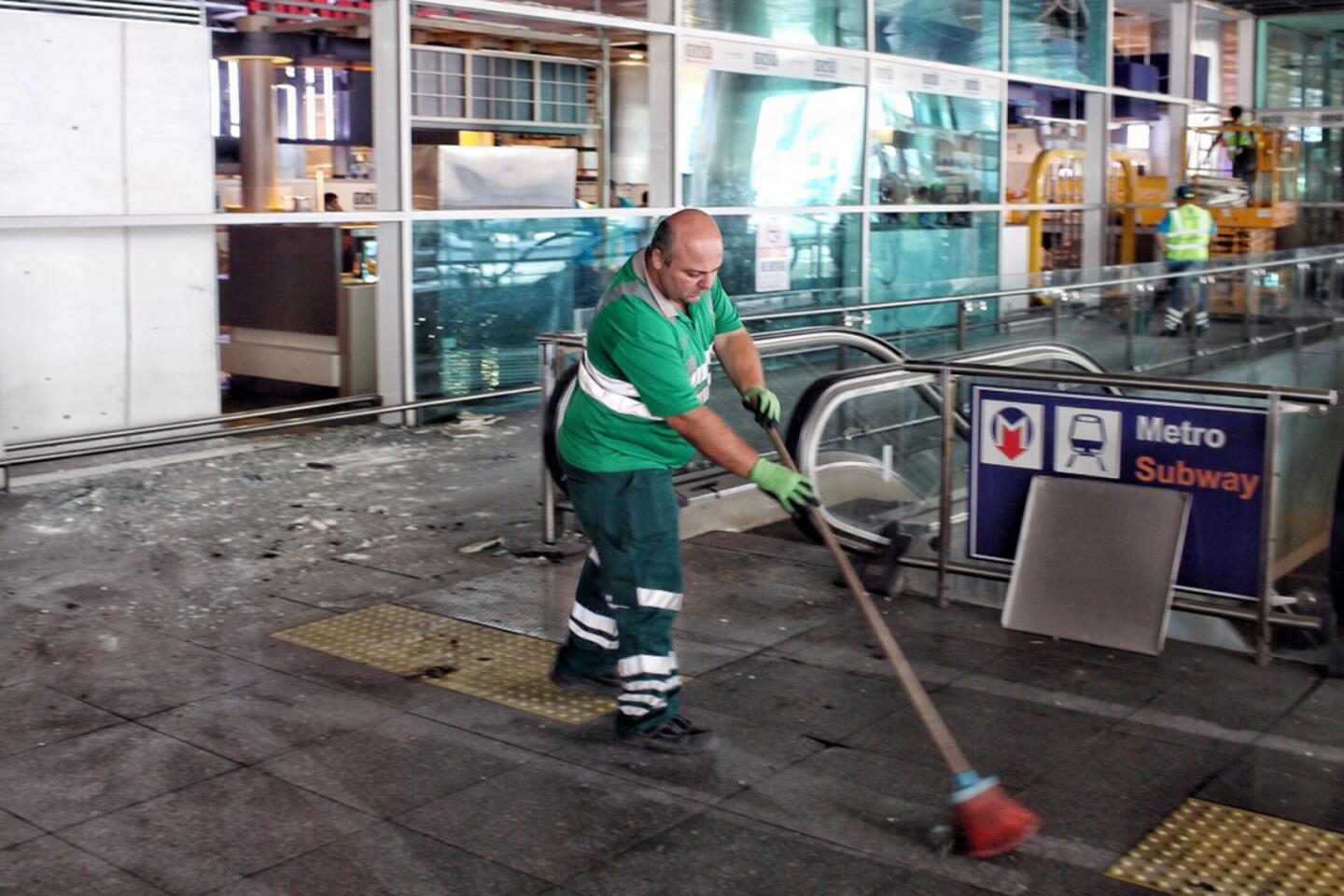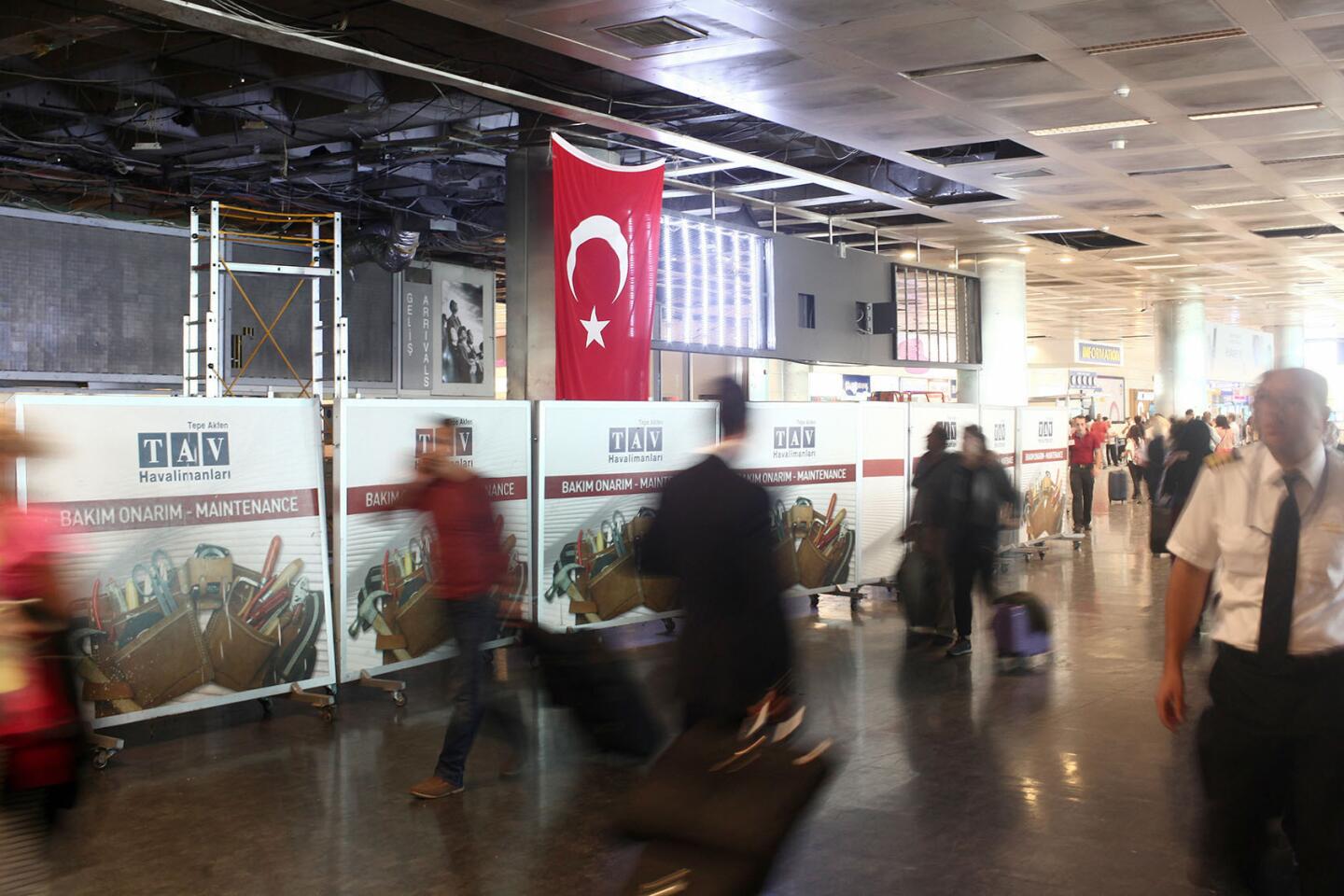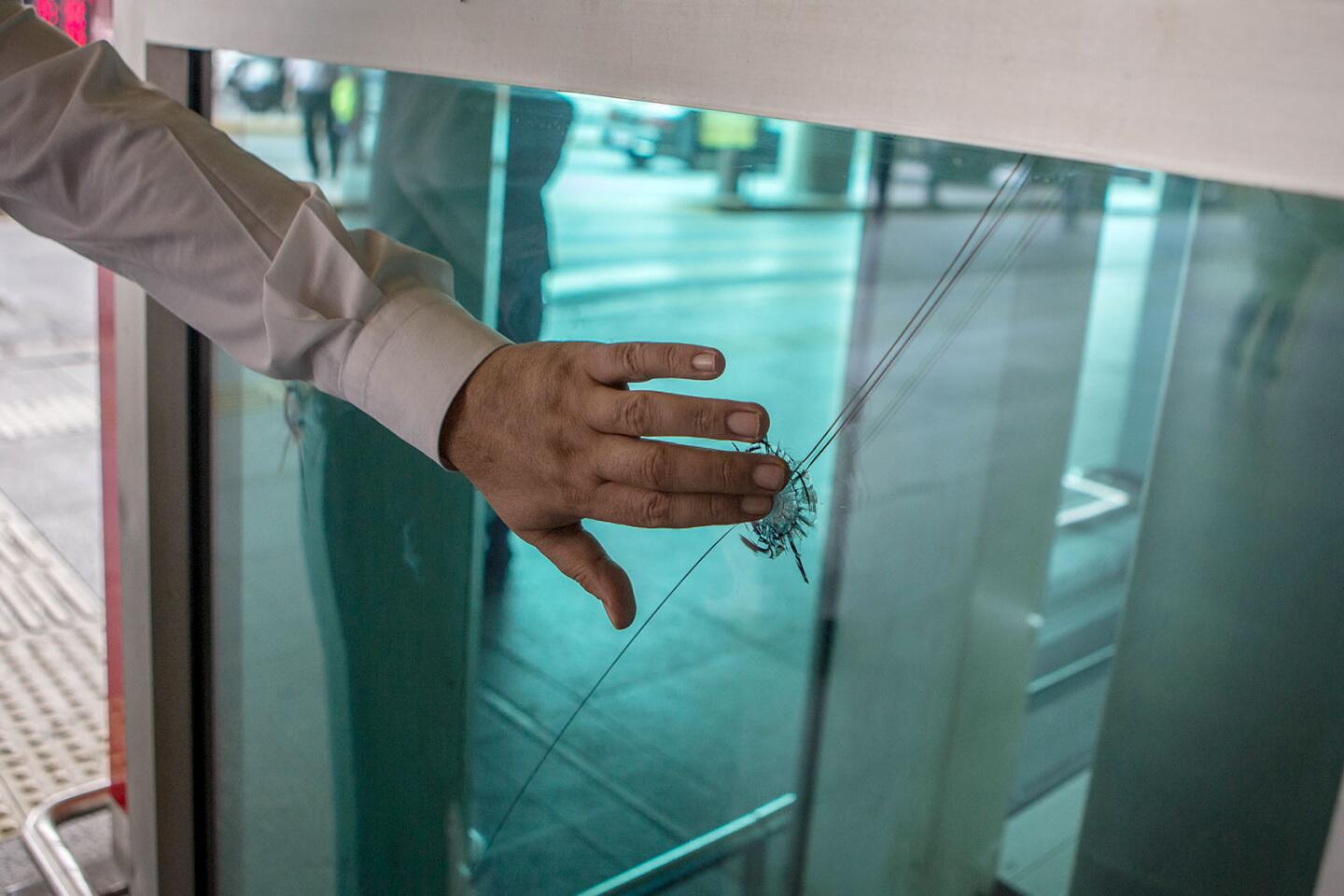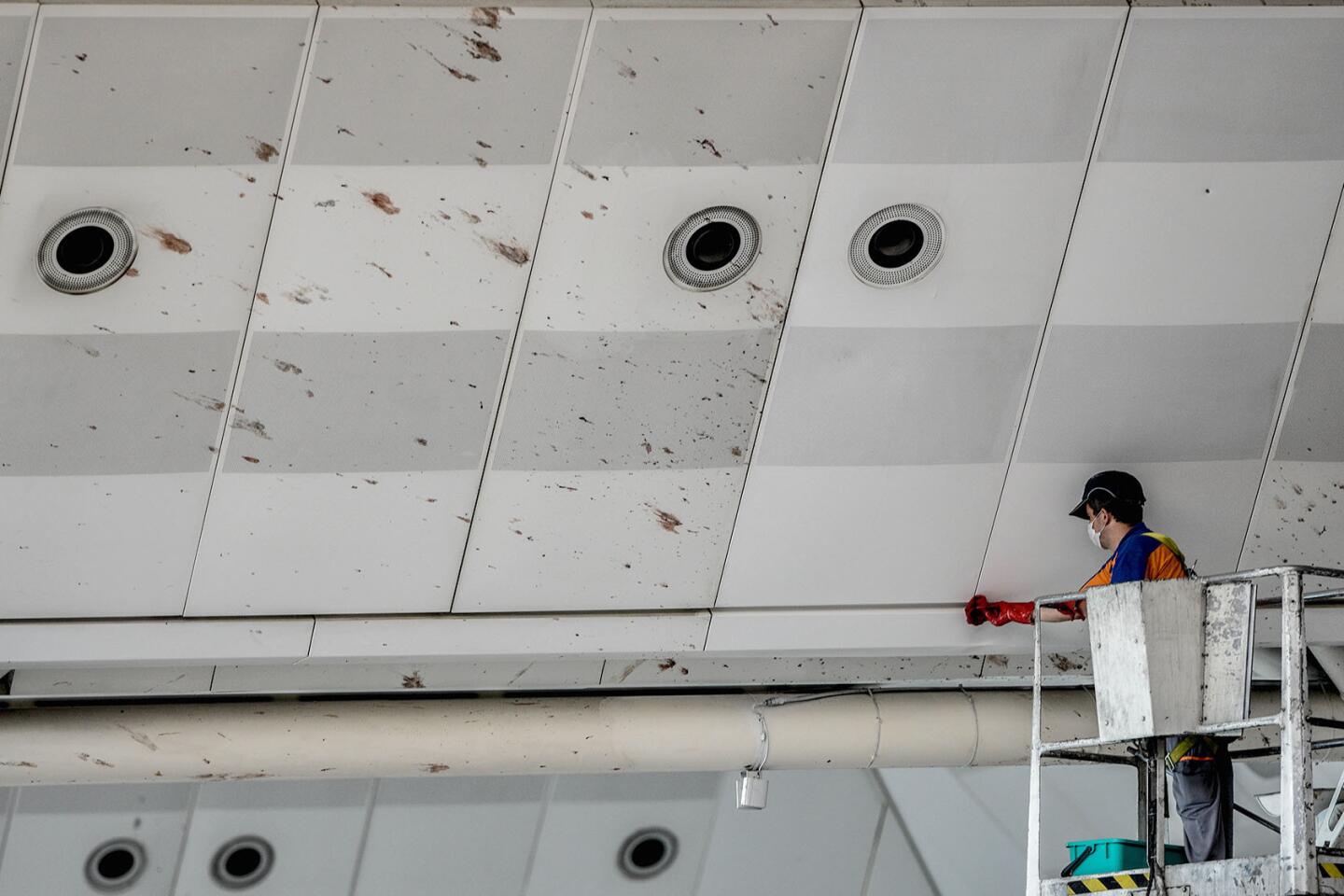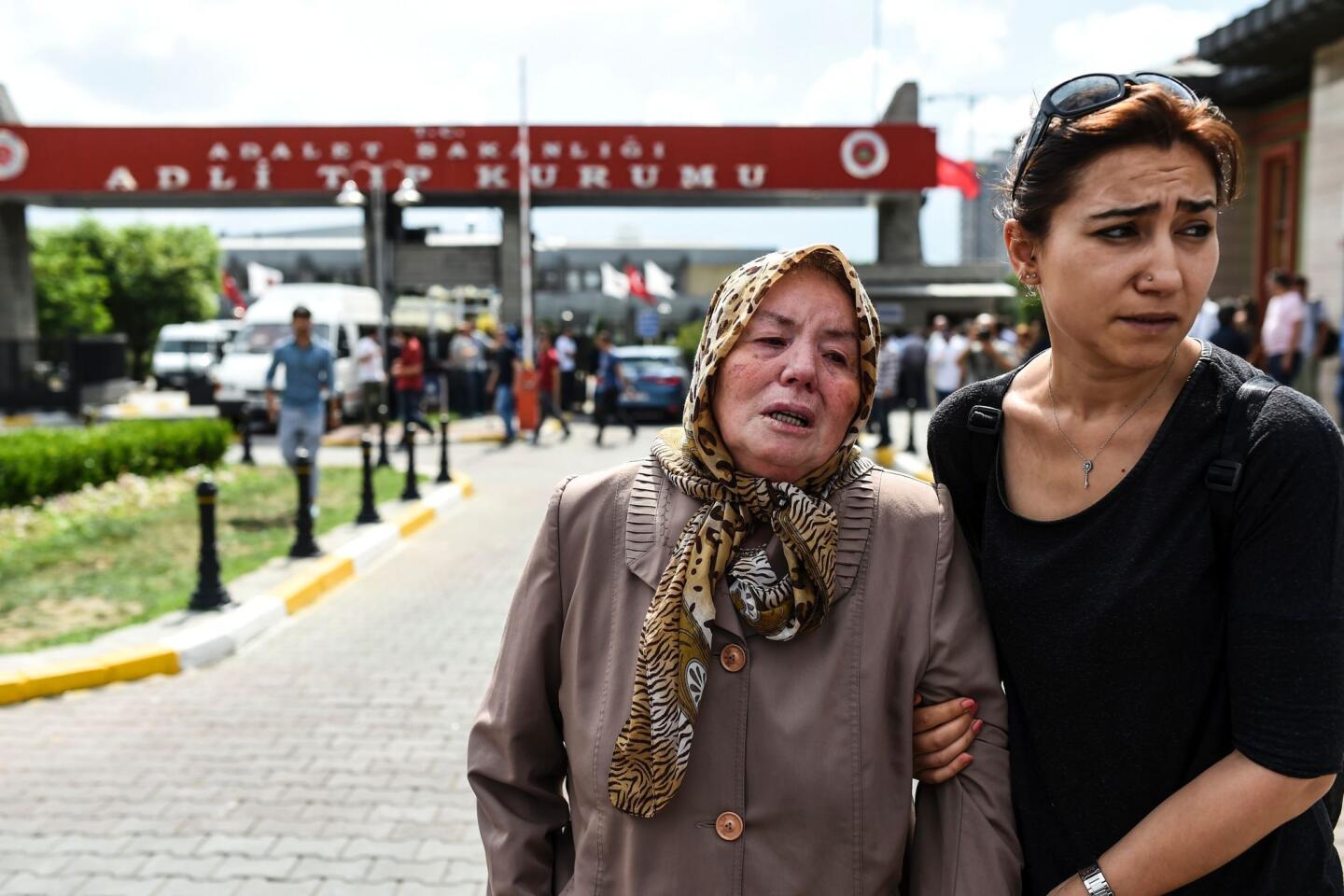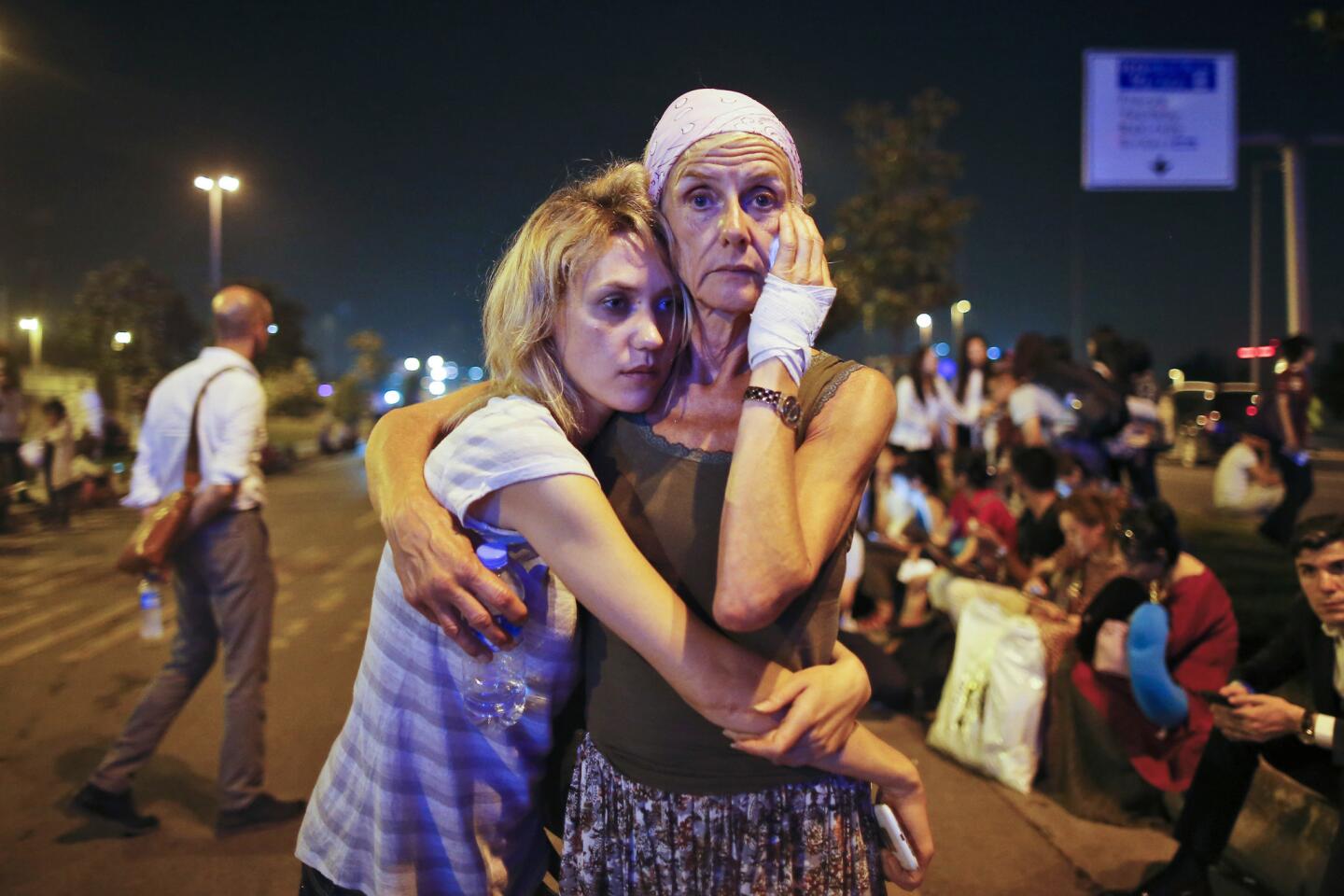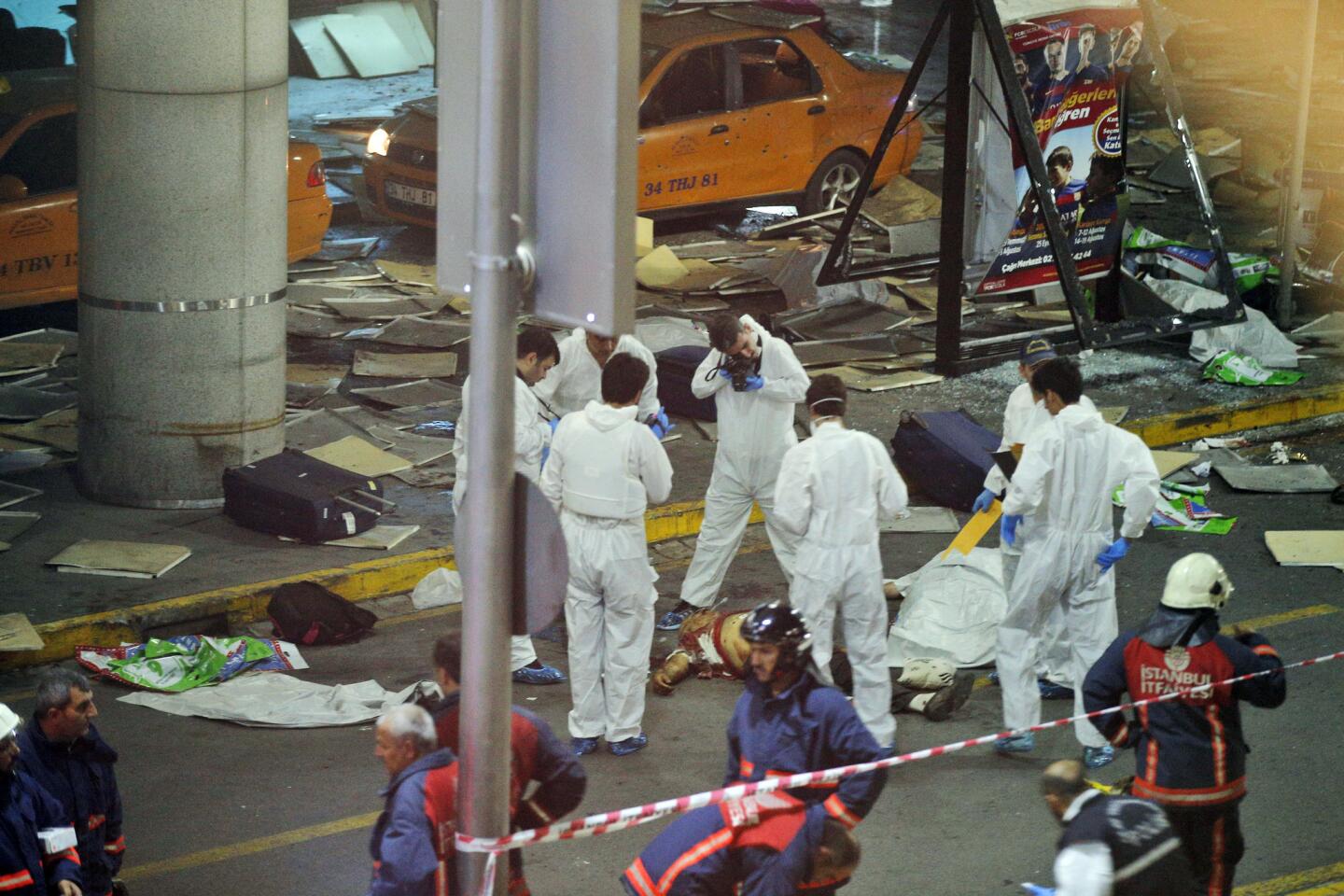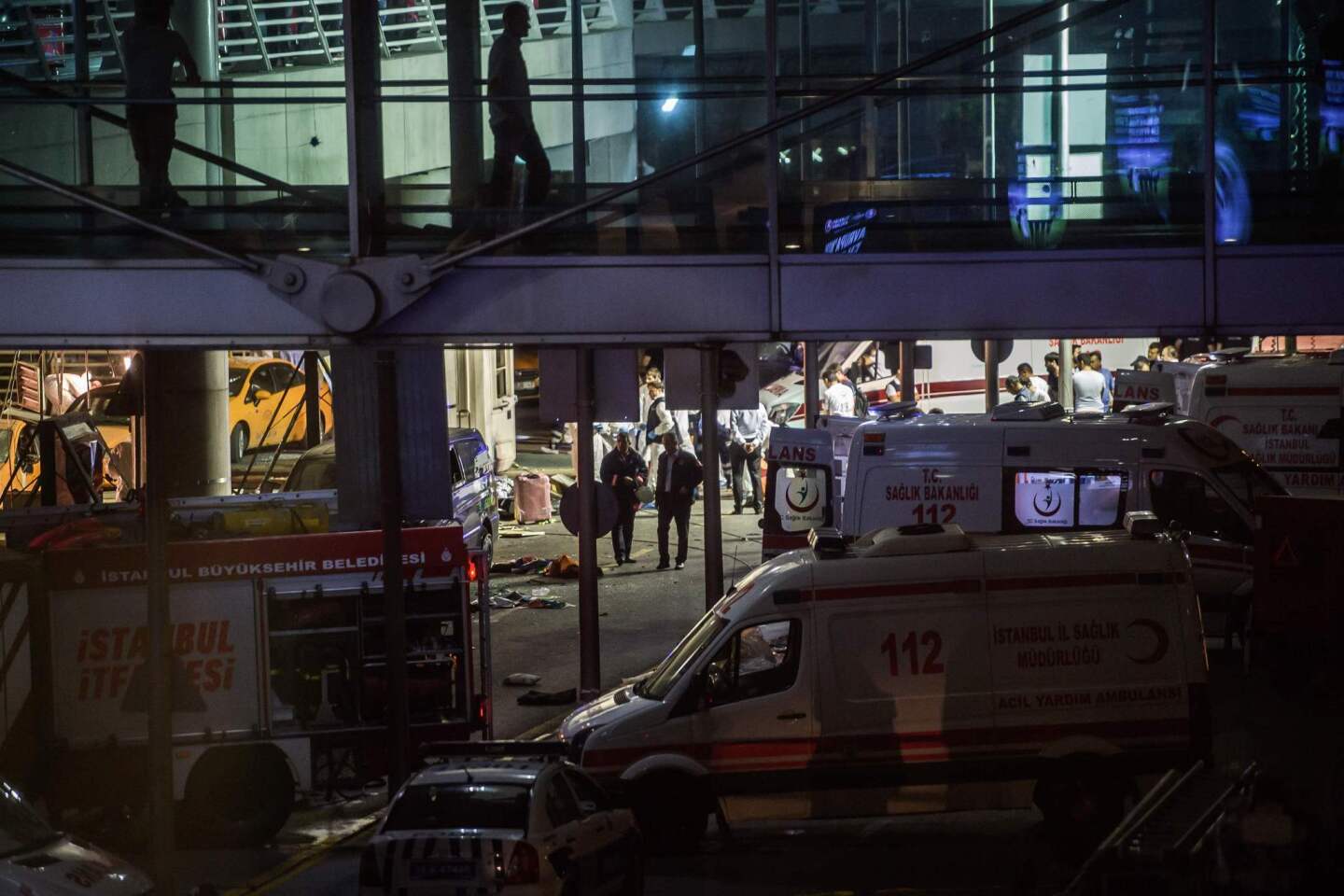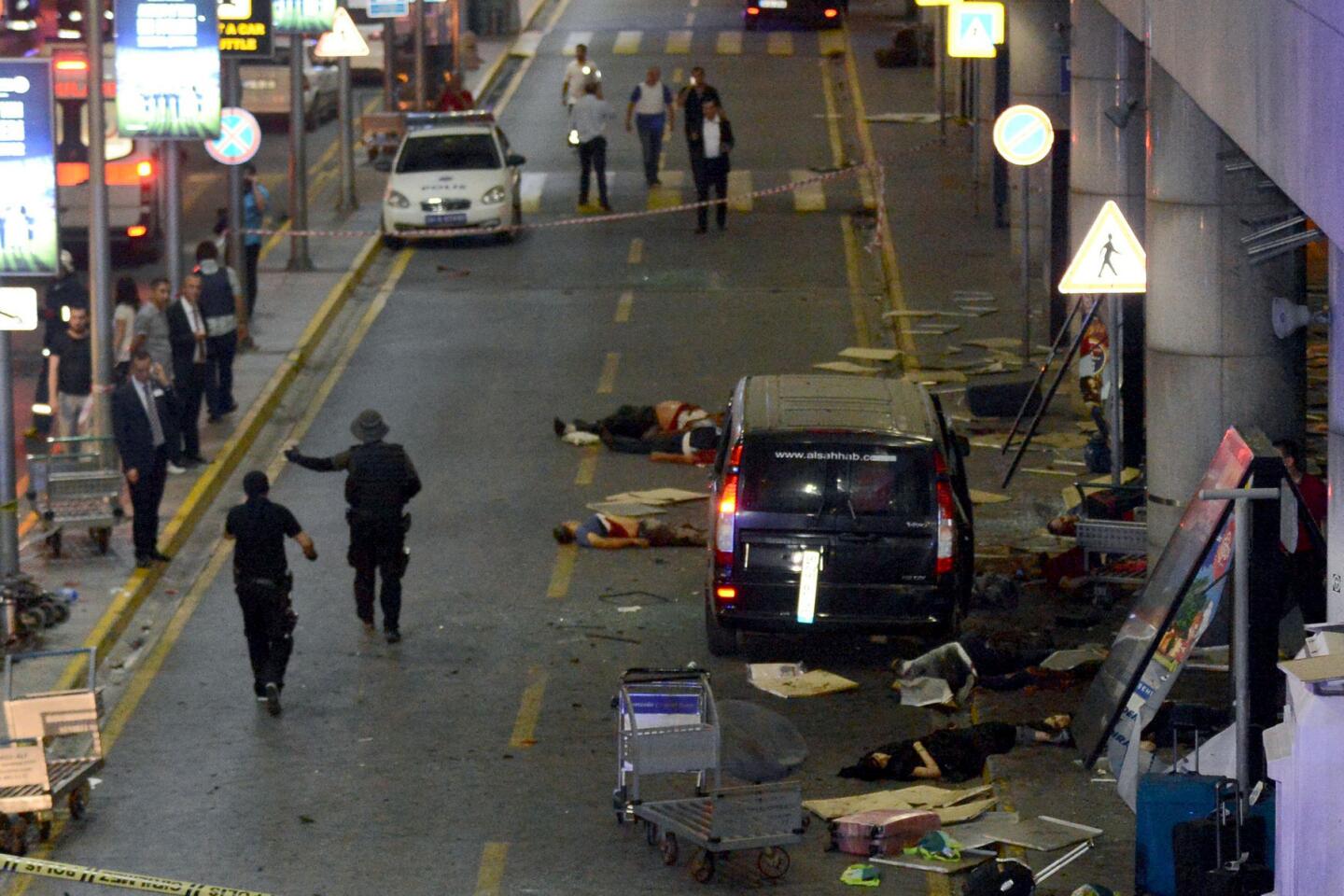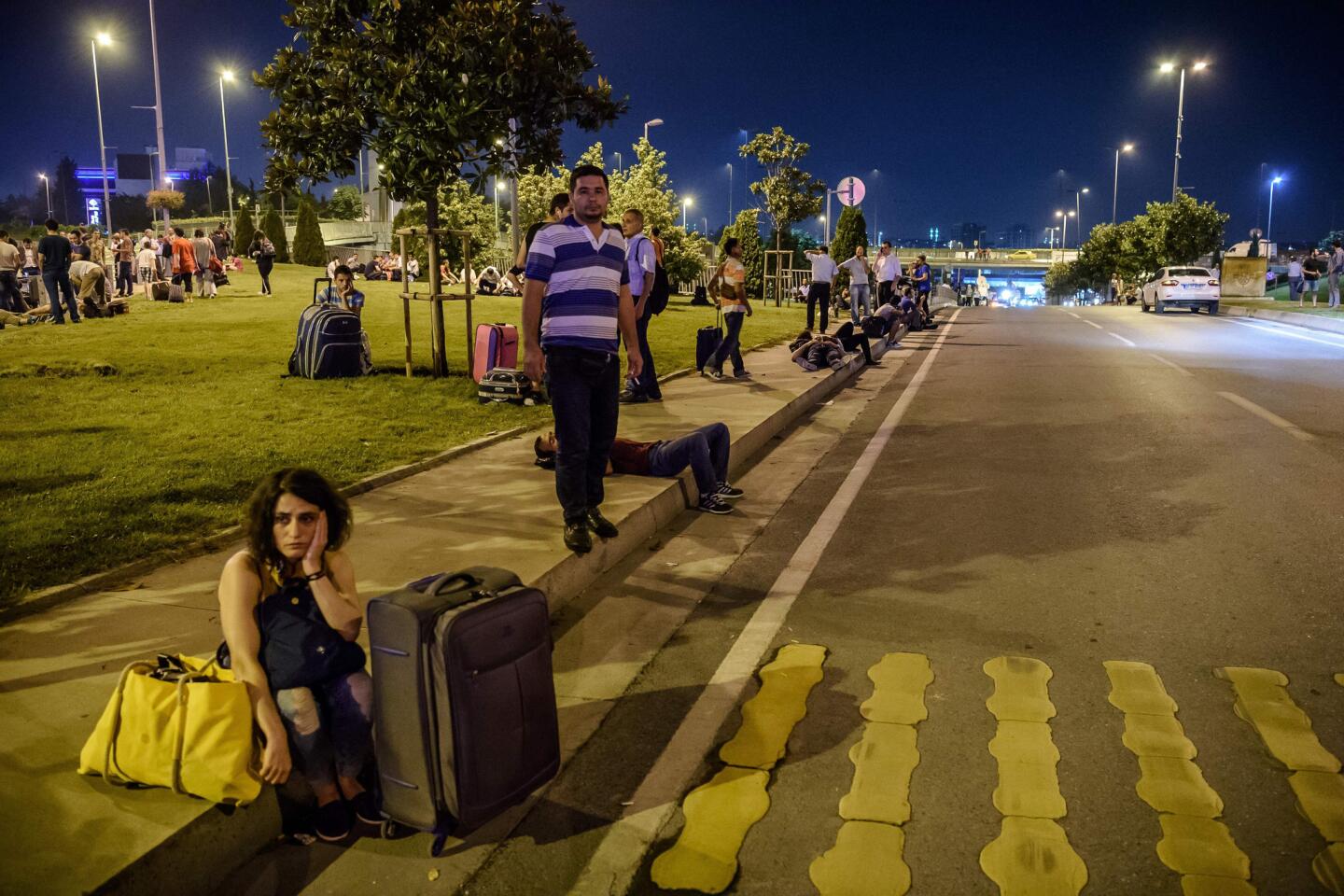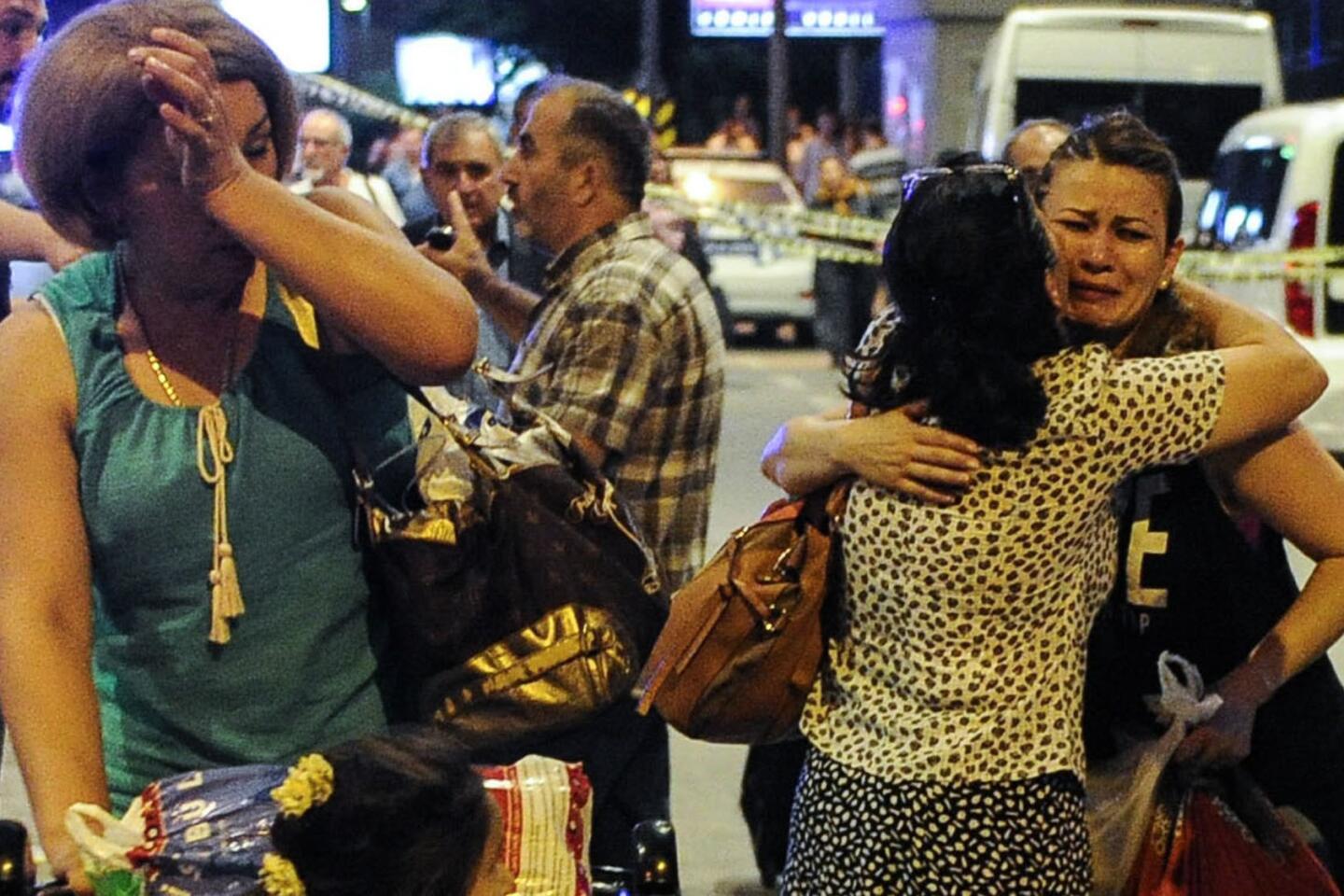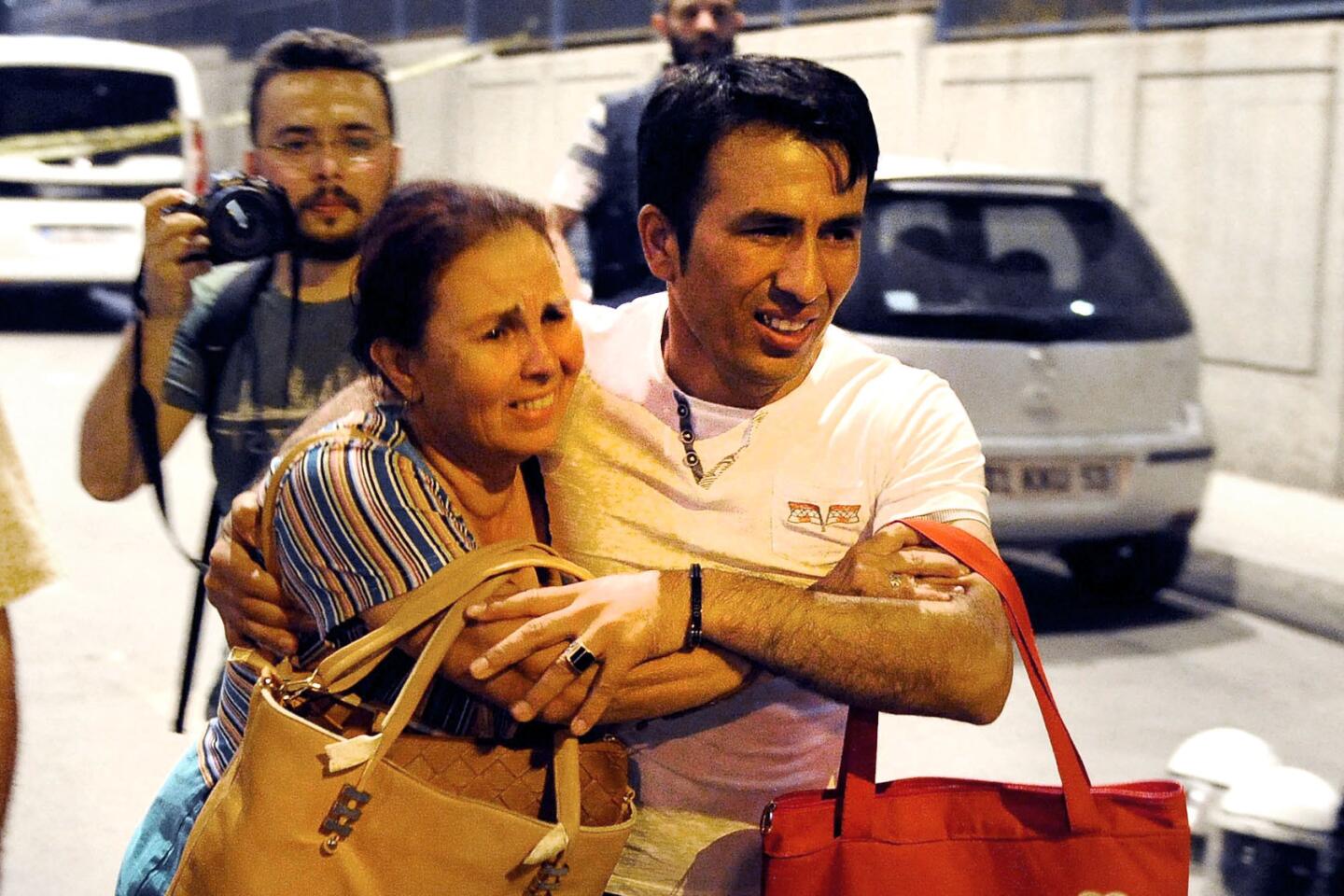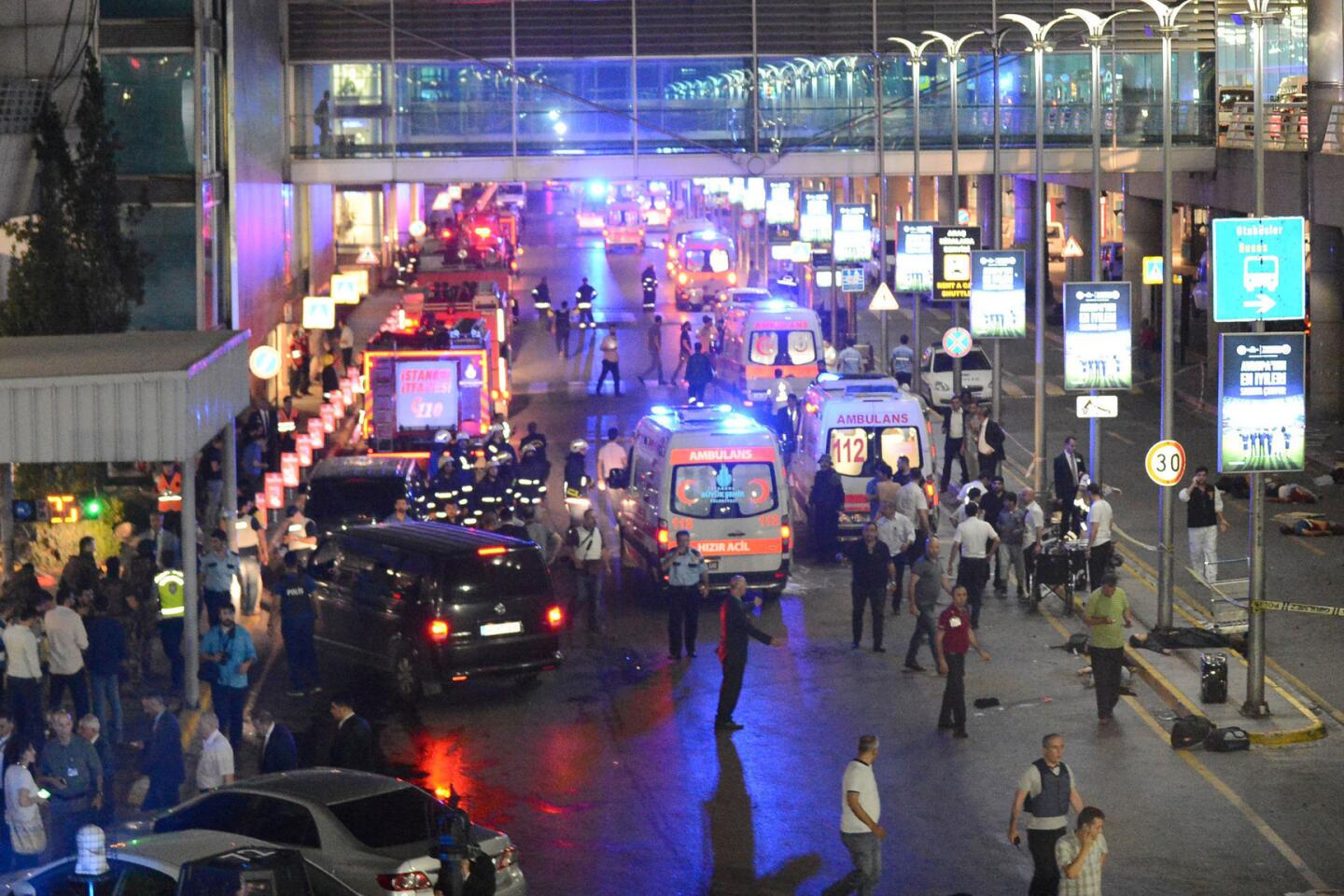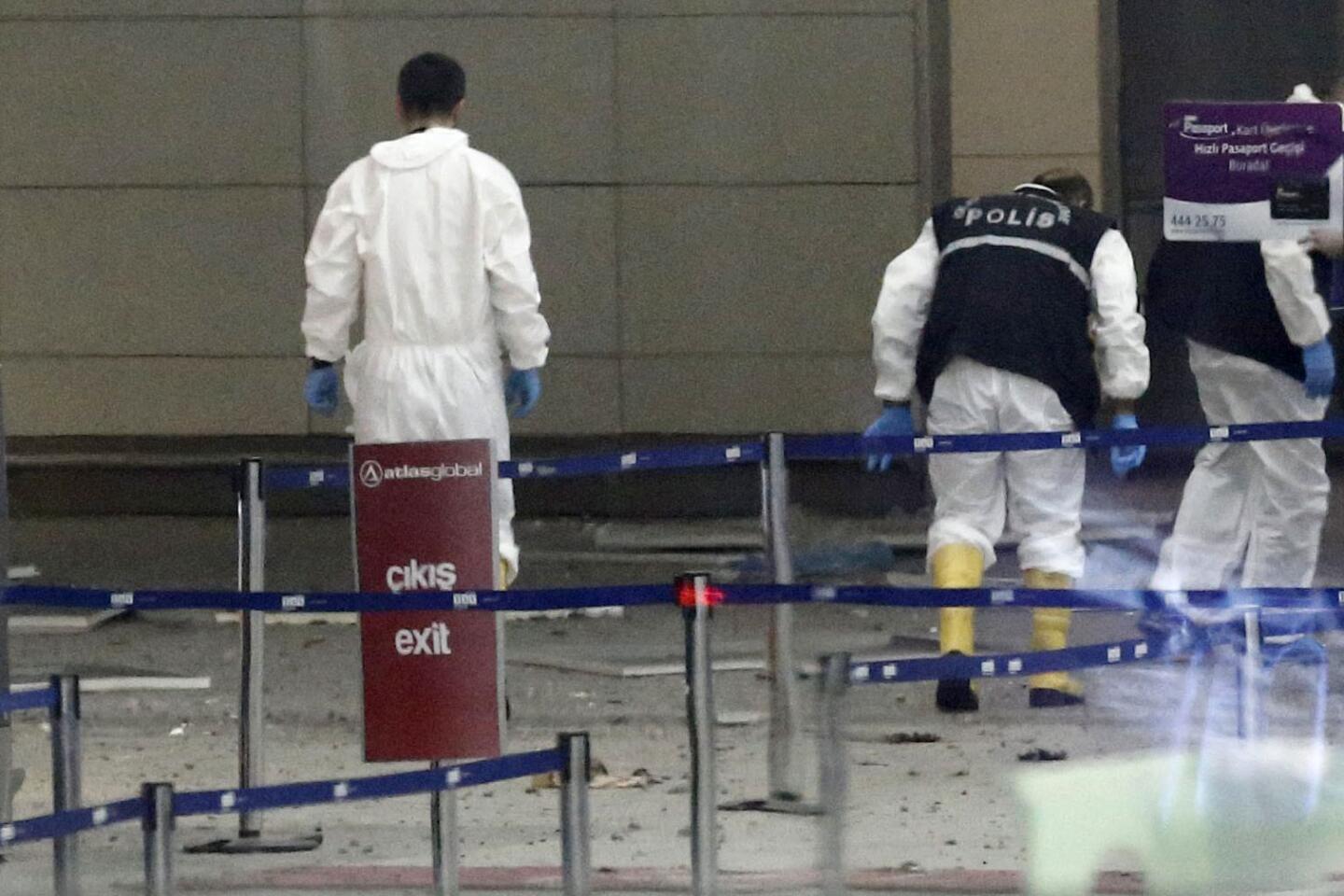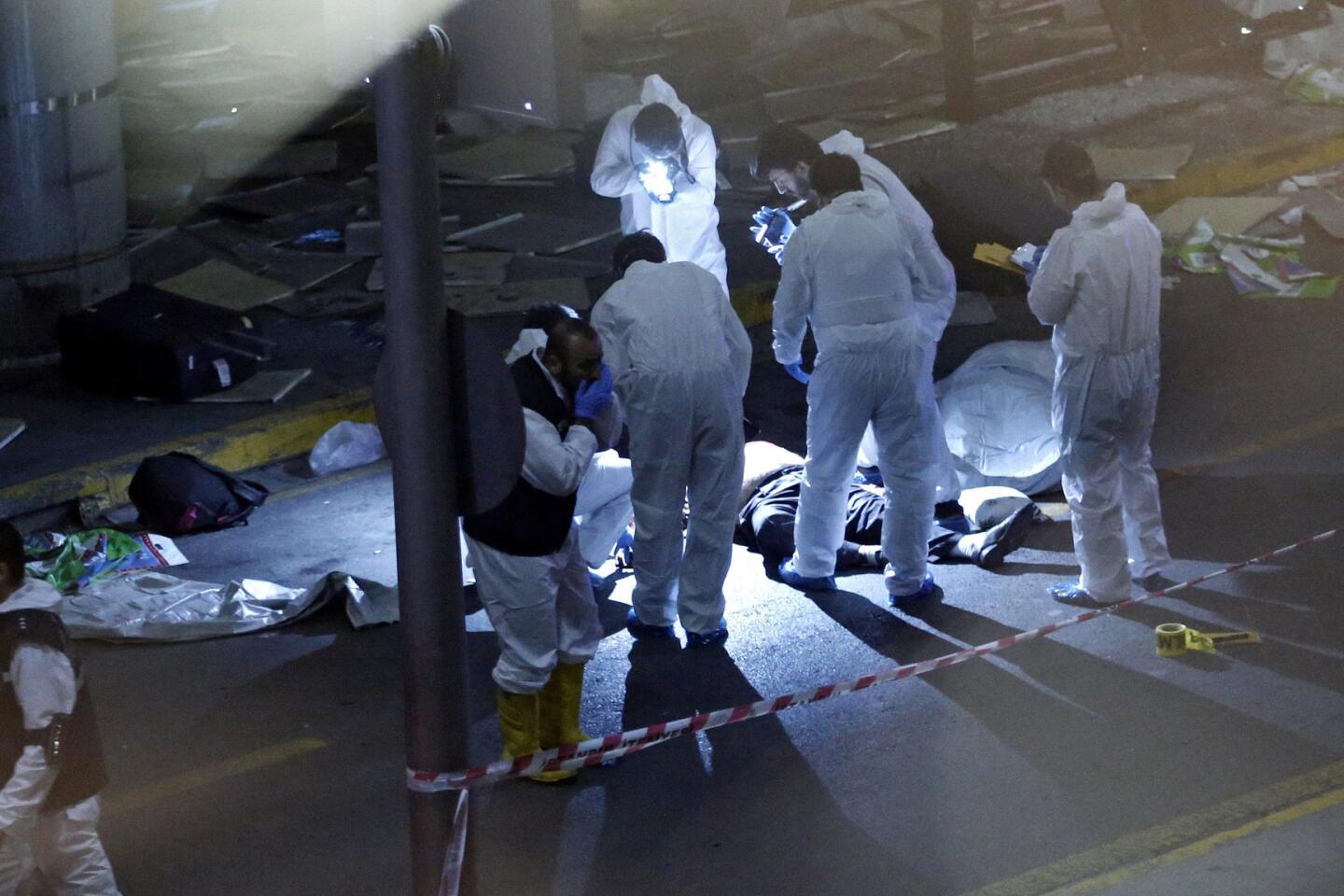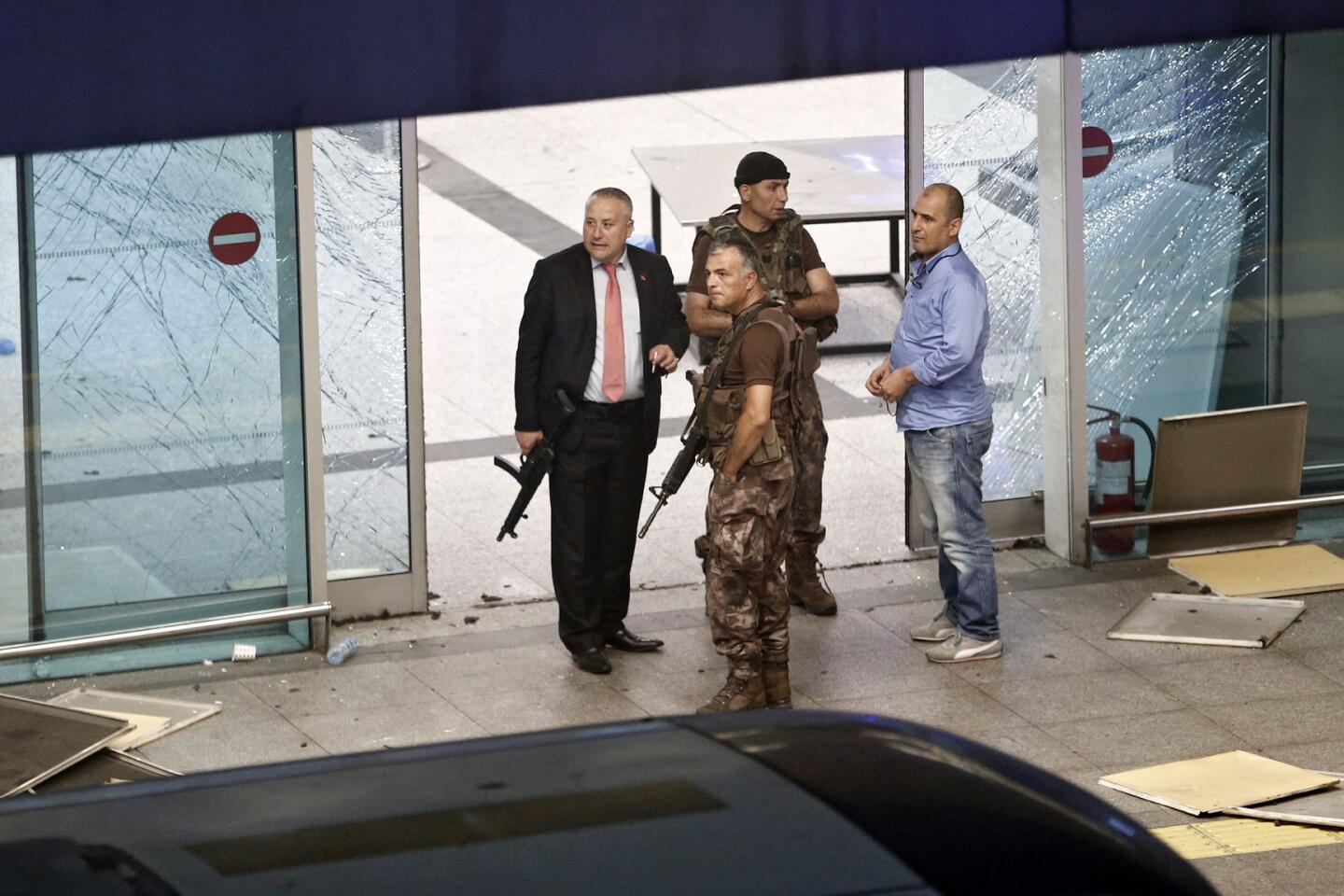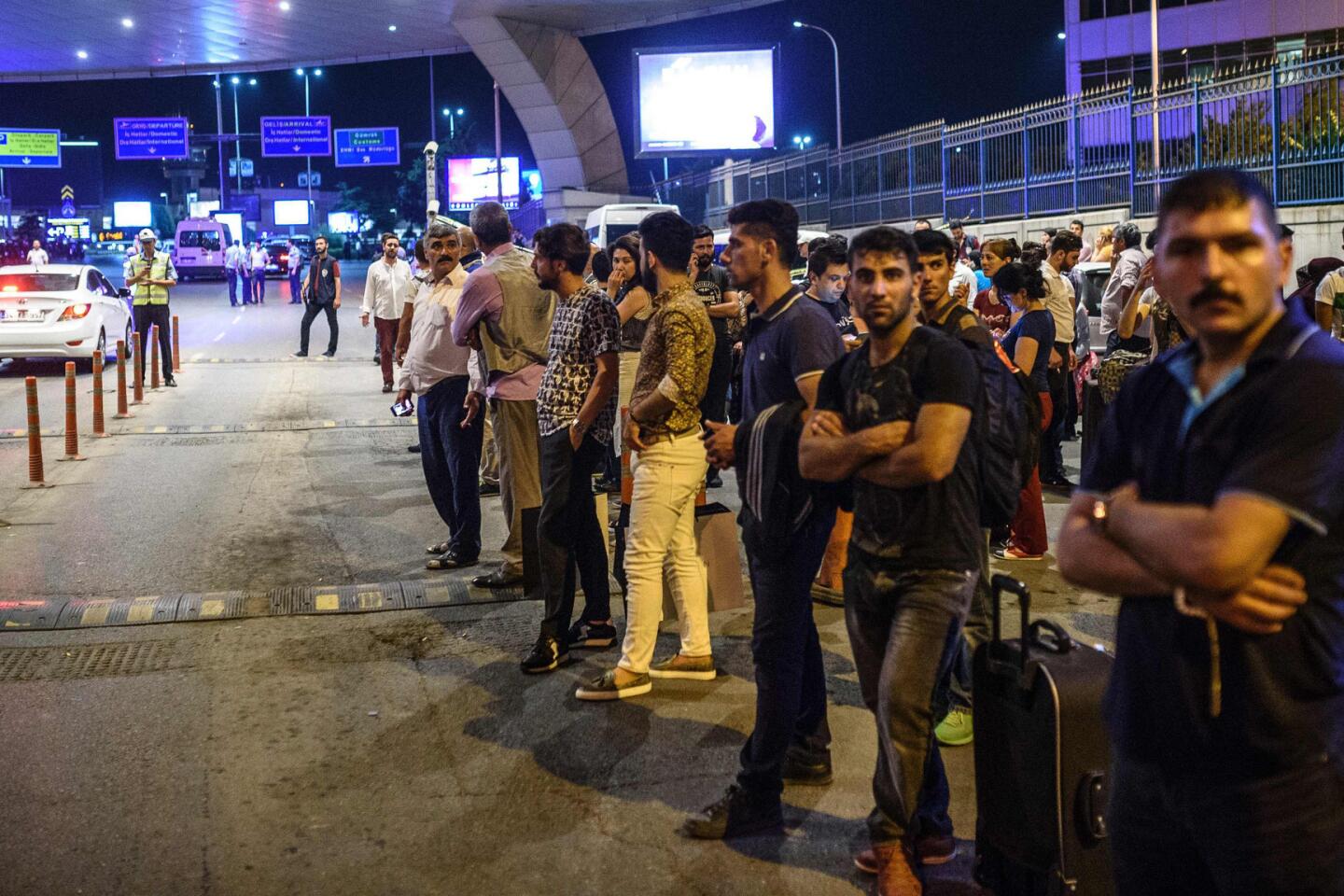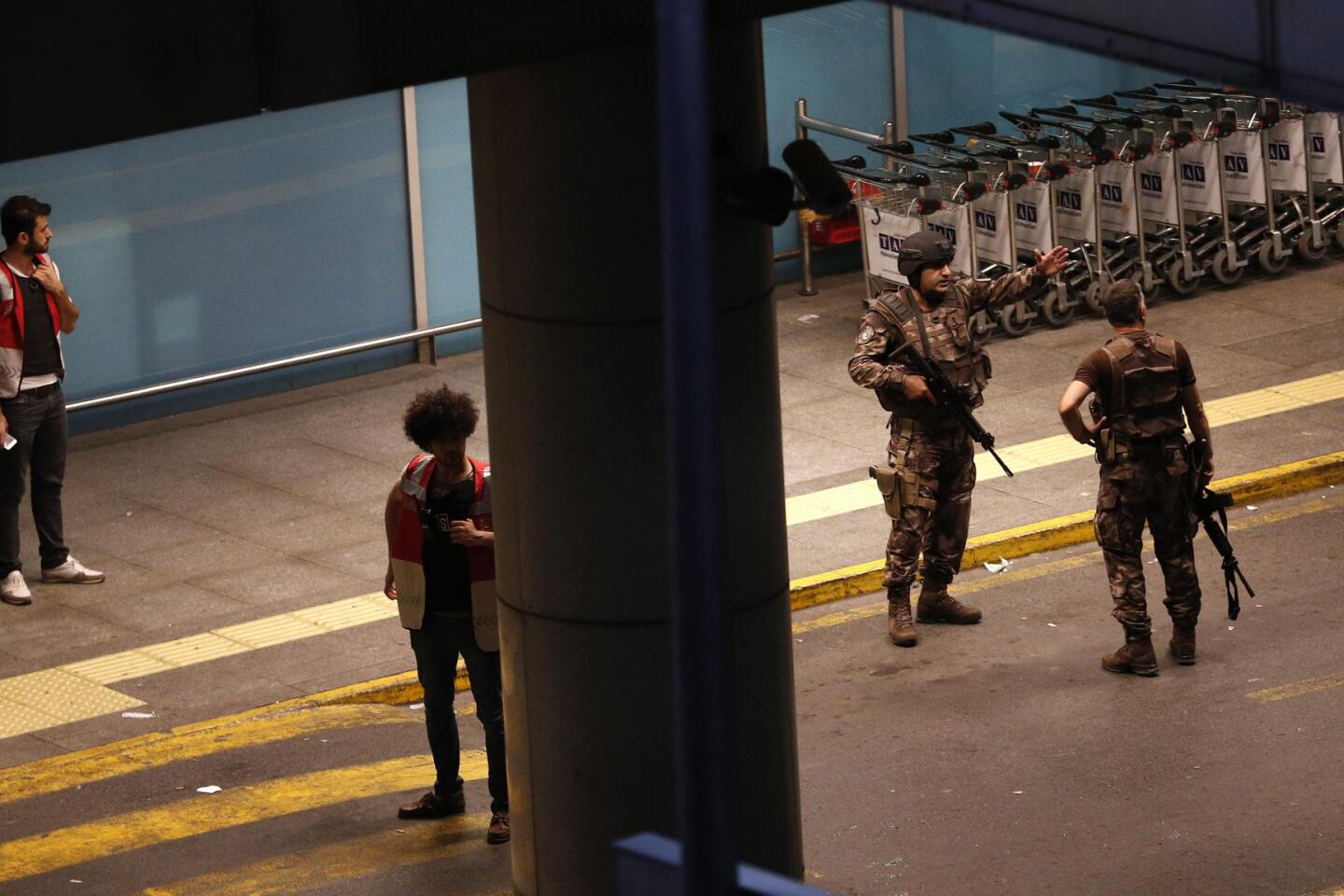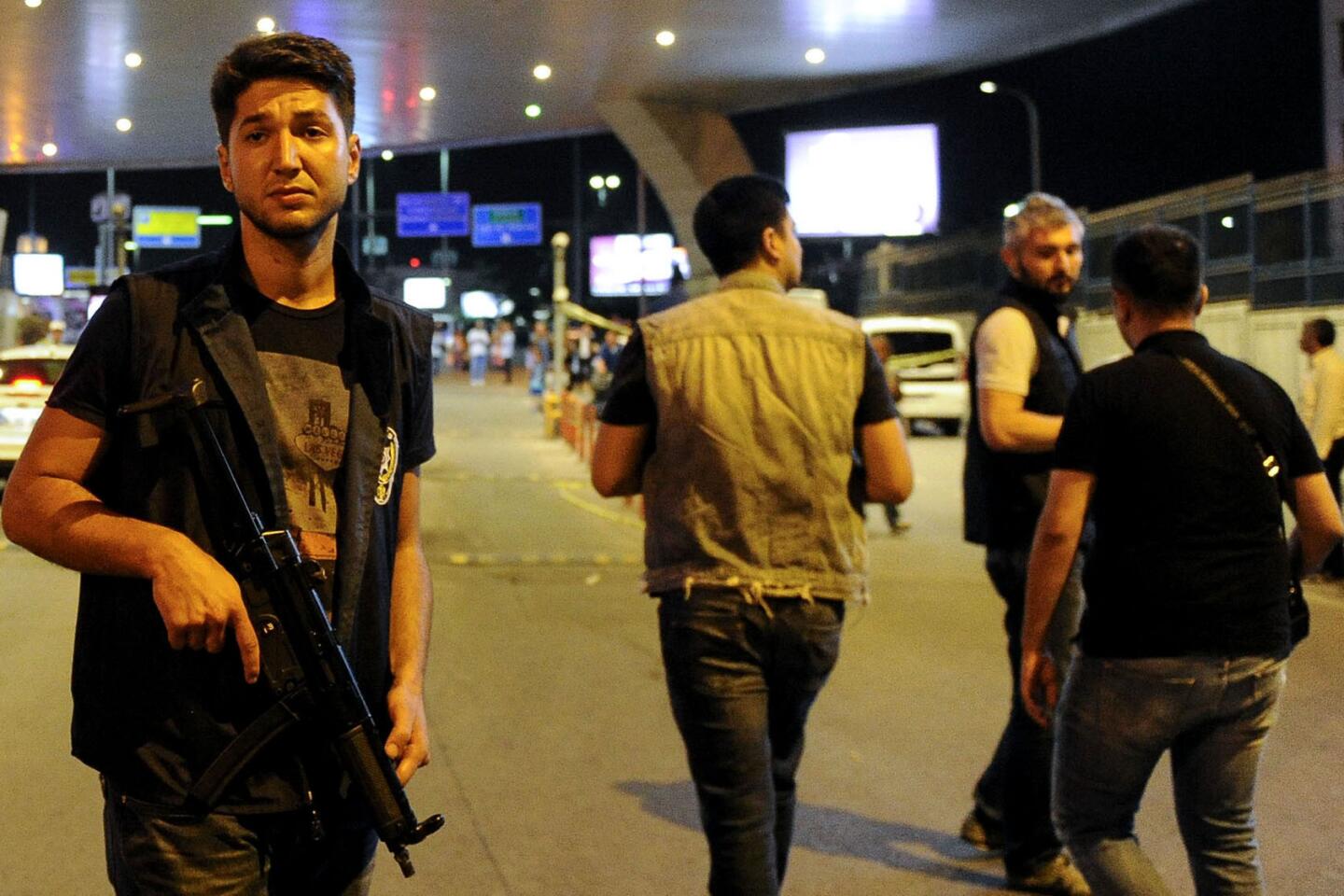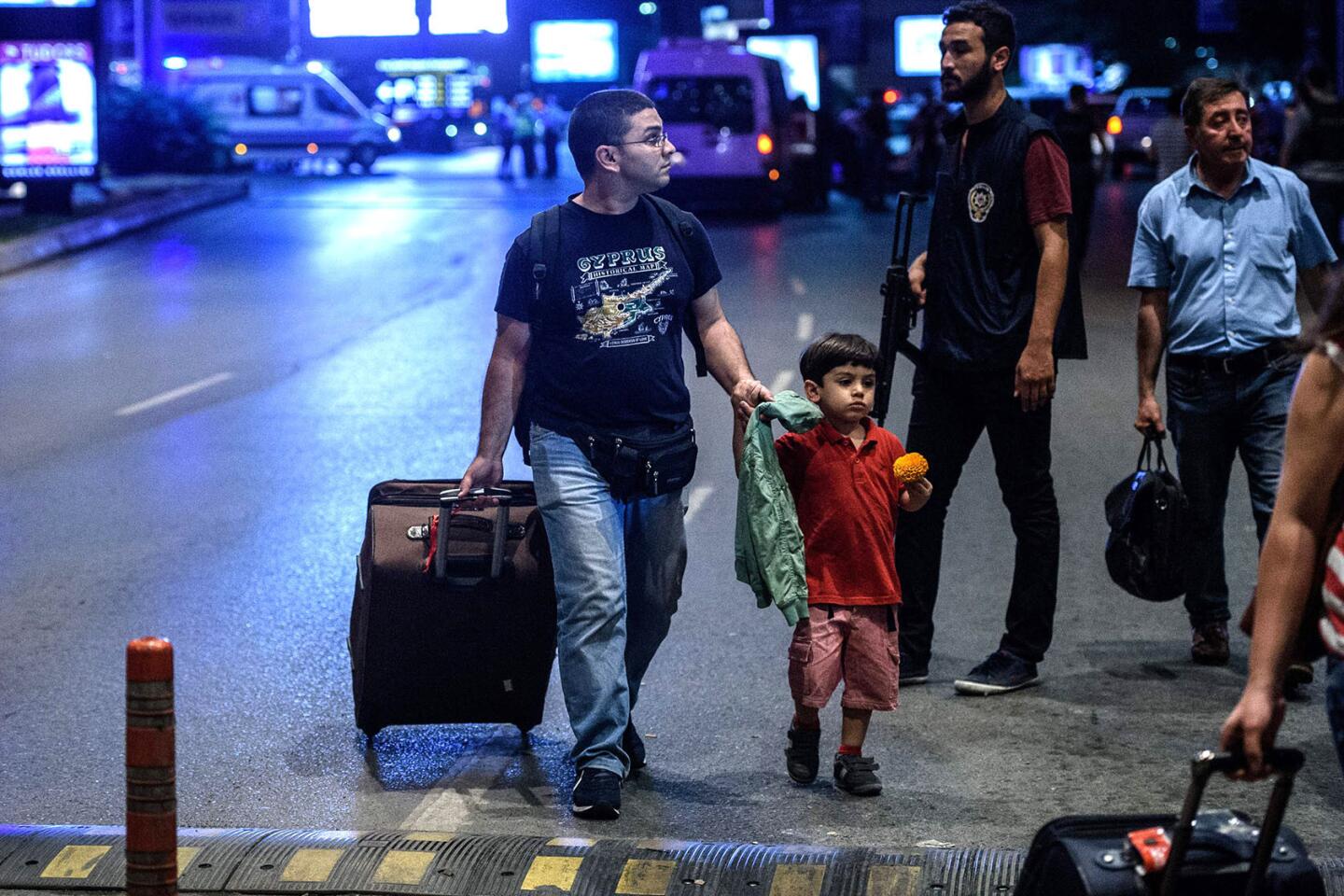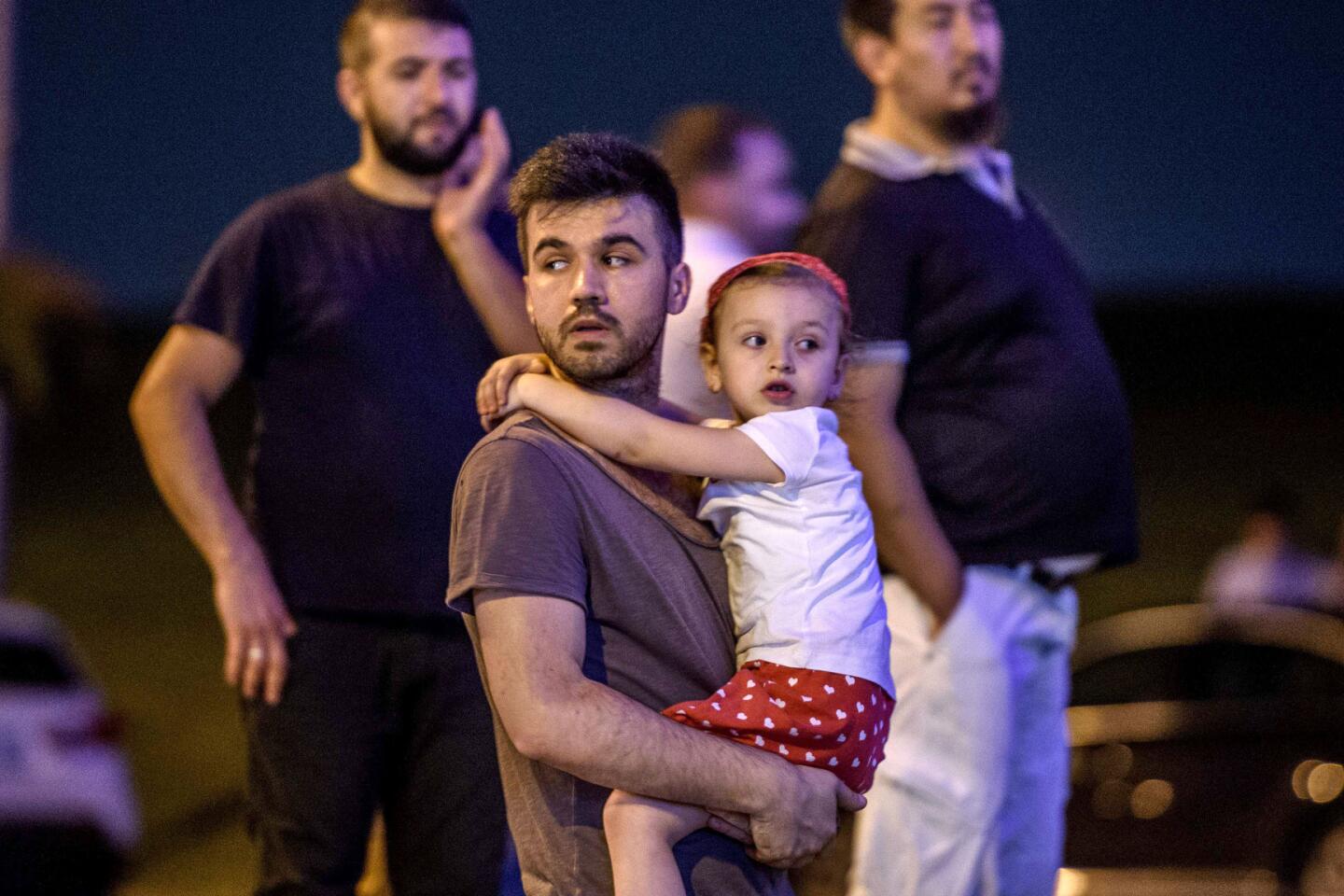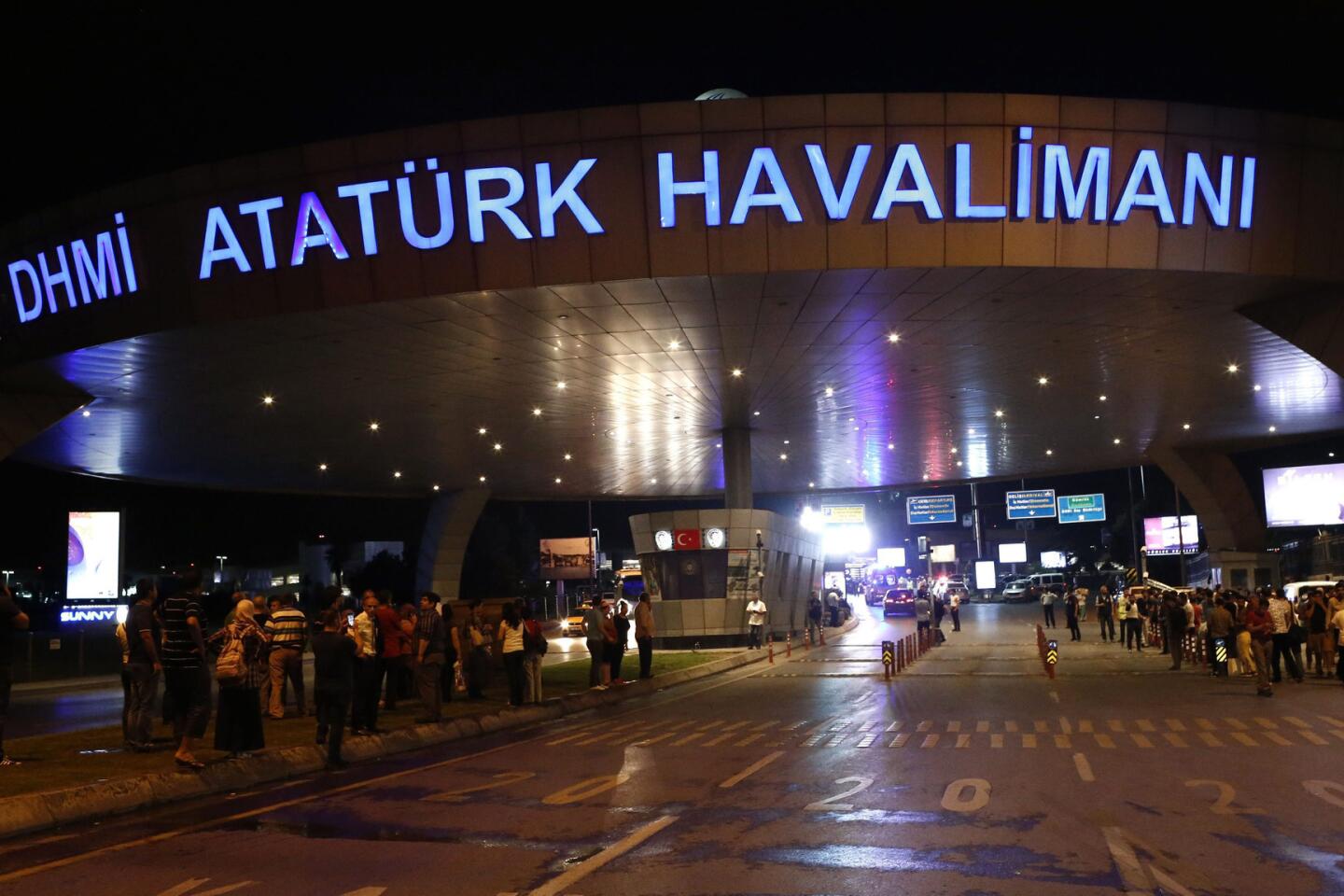Turkey’s tourism and recreation industry struggles after months of terror attacks
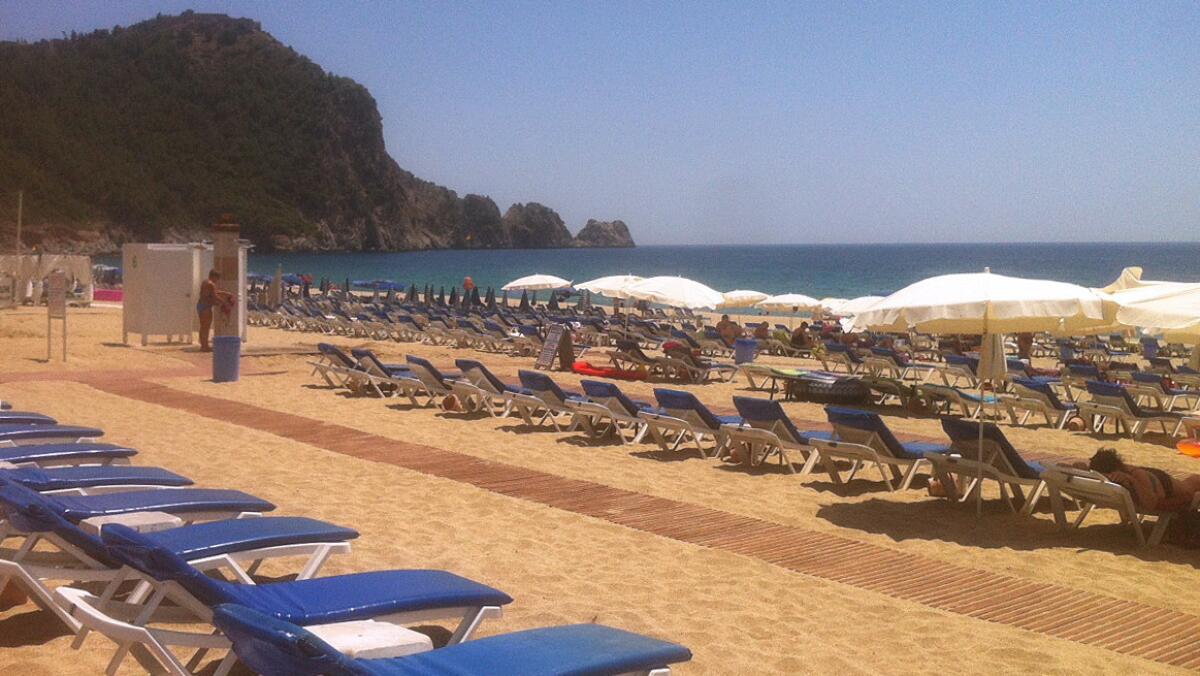
Rows of beach chairs in pastel blue and white stripes sit unused by the hundreds, the sun-umbrellas next to many closed tight.
A lone jet ski rider skims across the water. Signs advertise paragliding excursions and white-water rafting adventures.
Yet, barely anyone is there to see any of it.
Along Turkey’s western tourism trail — secluded inlets tucked into mountain ranges, sprawling white beaches, late-night discos and restaurants and bars — one thing is noticeably absent: tourists.
The country’s important tourism sector is reeling, with the numbers of visitors plummeting as the government’s foreign policy alienates important allies and terrorist attacks assail the country’s touristic infrastructure.
In Alanya, a hot spot that would normally bustle in the summer months, the crunch is keenly felt.
Eren Ergul was sitting Wednesday at a deserted booth where he’s supposed to hawk scuba diving and canyoning packages to tourists. His company is lucky to get 10 customers daily, he said.
“We used to sell packages to 80 or 90 people — sometimes more than 100 — per day,” said Ergul, 26, who blamed the loss of business on Turkish President Recep Tayyip Erdogan’s approach to international affairs.
“He needs to be friendlier to other countries and not attack everyone all the time,” said Ergul.
Many observers say the country, a U.S. ally, has been largely in international isolation.
In May, the country’s tourism sector slumped 35% compared with the same month the previous year. Tourist arrivals have fallen for 10 months straight, with each month revealing a steeper plunge. About 5.8 million tourists visited the country during the year’s first four months, a drop of 16%, according to the Turkish Statistical Institute.
Losses are expected to exceed some $15 billion this year, said Murat Ersoy, head of the Tourism Investors Association (TYD), said during a news conference this month.
Over the last five years, Turkish foreign policy has strayed far beyond its traditional parameters. Erdogan has sought to cast himself as a global Islamic leader and regain Turkish primacy in former Ottoman lands.
Relations suffered with several countries and Erdogan agitated for government change in Syria, tolerating a mounting Salafi jihadist presence on Turkey’s southern flanks. Those insurgents have taken the opportunity to establish potent cells throughout Turkey and have staged numerous attacks on Turkish soil.
On Tuesday, three attackers sprayed gunfire at Istanbul Ataturk Airport and detonated their suicide vests, killing at least 42 people and injuring more than 230.
This week, Turkey and Israel unveiled a deal to normalize diplomatic relations after years of dispute over Israel’s blockade of Gaza and Erdogan’s support for the militant group Hamas.
Turkey and Russia said they had also reached a reconciliation over Ankara’s downing of a Russian jet last year. Russian arrivals plummeted 98% after that incident, with Moscow imposing a ban on charter flights to Turkey.
“Erdogan’s foreign policy has been an unmitigated disaster for Turkey, but his autocratic domestic tendencies at home have also led to alienation,” said Jonathan Schanzer, vice president for research at the Foundation for Defense of Democracies think tank.
“Once one of President Obama’s favorite world leaders, Erdogan is now getting the cold shoulder from Obama because of his deliberate decisions to erode Turkey’s democratic institutions, his strongman tactics in quelling domestic dissent, and the disastrous series of decisions he has made in dealing with Syria.” Schanzer said.
Analysts and residents said the impressions left at home and abroad are bound to influence tourism.
In one restaurant just off Alanya’s main beach, 10 wait staff attended to two tourists at peak time, one recent evening. The rest of the restaurant was empty.
The manager, Aziz Yilmaz, who has worked in tourism for 23 years, said he had never seen the sector hurting this much.
“The country breathes because of tourists, we can’t lose them,” Aziz said.
Cigdem Selam, who manages the beachfront Xperia Saray Beach Hotel in Alanya, lamented plunging prices as hoteliers seek to lure the few tourists still visiting.
“We have closed one of our three hotels this season,” Selam said. “Our occupancy is down to around 50%.”
She said that they would have to rely on bumper domestic tourism following the month of Ramadan to limit the damage this season.
Schanzer said Turkey needs to mend fences around the region and the world to help many problems, including the hurting tourism industry.
“It needs more friends,” he said, “not more enemies.”
Johnson is a special correspondent.
ALSO:
After 6 years of estrangement, Israel and Turkey to normalize ties
Turkish president apologizes for downing Russian jet
Islamic State claims it killed American working at air base in Turkey
More to Read
Start your day right
Sign up for Essential California for news, features and recommendations from the L.A. Times and beyond in your inbox six days a week.
You may occasionally receive promotional content from the Los Angeles Times.
